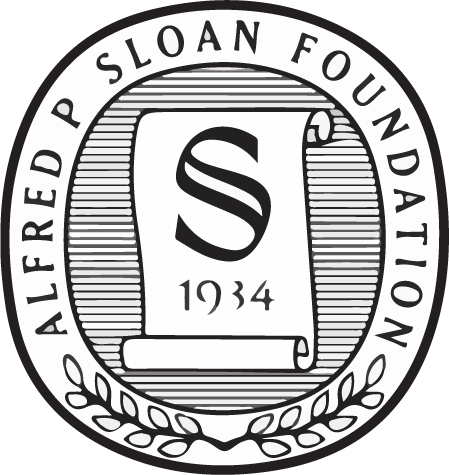COINS: Chairing Guidelines
COINS has provided a list of recommendations for how Session Chairs at SDSS meetings can facilitate an inclusive conference. These are meant to be practical advice for how to promote an inclusive climate. All COINS documents are also maintained on our Github Document Repository.
Guildelines for chairing sessions at SDSS meetings
COINS (special thanks to Sarah Schmidt and Karen Masters) would like to share the following advice/guidelines to help you, as a session chair in an SDSS meeting, with this role. Your most important role as Chair is to help shape the discussion during Q&A and open discussion times. Many of you are more experienced than this than we are, however we hope the guidelines below will still be useful.
At the beginning of the session
- Specifically encourage junior scientists to ask questions and prepare senior people for not being called on immediately or at all. For example, "There are many junior scientists in this session. I would like to encourage you to ask questions during the Q&As and discussion."
- Set up expectations for keeping talks to time so the question session does not become shortened (there is evidence that longer Q&A sessions encourage more junior scientists to engage in discussion).
- Reinforce conference guidelines for accessibility (especially microphone use and leaving aisles clear). You will find that many people will want to not use the microphone, but audience members may have hearing problems they don't want to discuss, so please insist.
- Remind speakers to speak slowly and clearly in English, so that those perhaps unfamiliar with their accent and/or non-native speakers can better understand.
After each talk
- Be strict on time. Use a timer and alarm, and move towards speakers who continue talking after their time is up. If a speaker goes over, penalize their Q&A time, not other speakers.
- Ask specifically for questions, rather than "questions and comments." Comments often change the topic and tone of the conversation.
- Do not begin the Q&A session with making a comment of your own, and reserve your question for the end (or ask in the absence of other questions).
- Ask for names and affiliations of individuals who ask questions (for recording purposes).
- Do not immediately select the first hand to go up. Wait a few seconds to see if other hands go up, and take note of the balance. Priority should be given to women, junior scientists, and otherwise underrepresented individuals.
- Aim for a total of 4 — 8 questions per talk, because at that point otherwise reticent questioners may be willing to raise their hands.
Moderating Discussion:
- Do not allow questions to become speeches. Interrupt questioners who talk for a long time to request they shorten or end their time. Some example interventions include: "Perhaps this is better for the coffee break," or "Apologies, but for the sake of time can you ask your question?"
- It is important to keep each Q&A to time; do not continue to call on people when the time is up.
These guidelines are based on a compilation of best practices which are online in a GitHub wiki and as part of a conference proceedings.
Thanks again for your help in making a productive and inclusive meeting.
Downloads
All COINS documents are also maintained on our Github Document Repository, where they may be updated more frequently. The Inclusive Chairing Recommendations are available in markdown and as a PDF.


